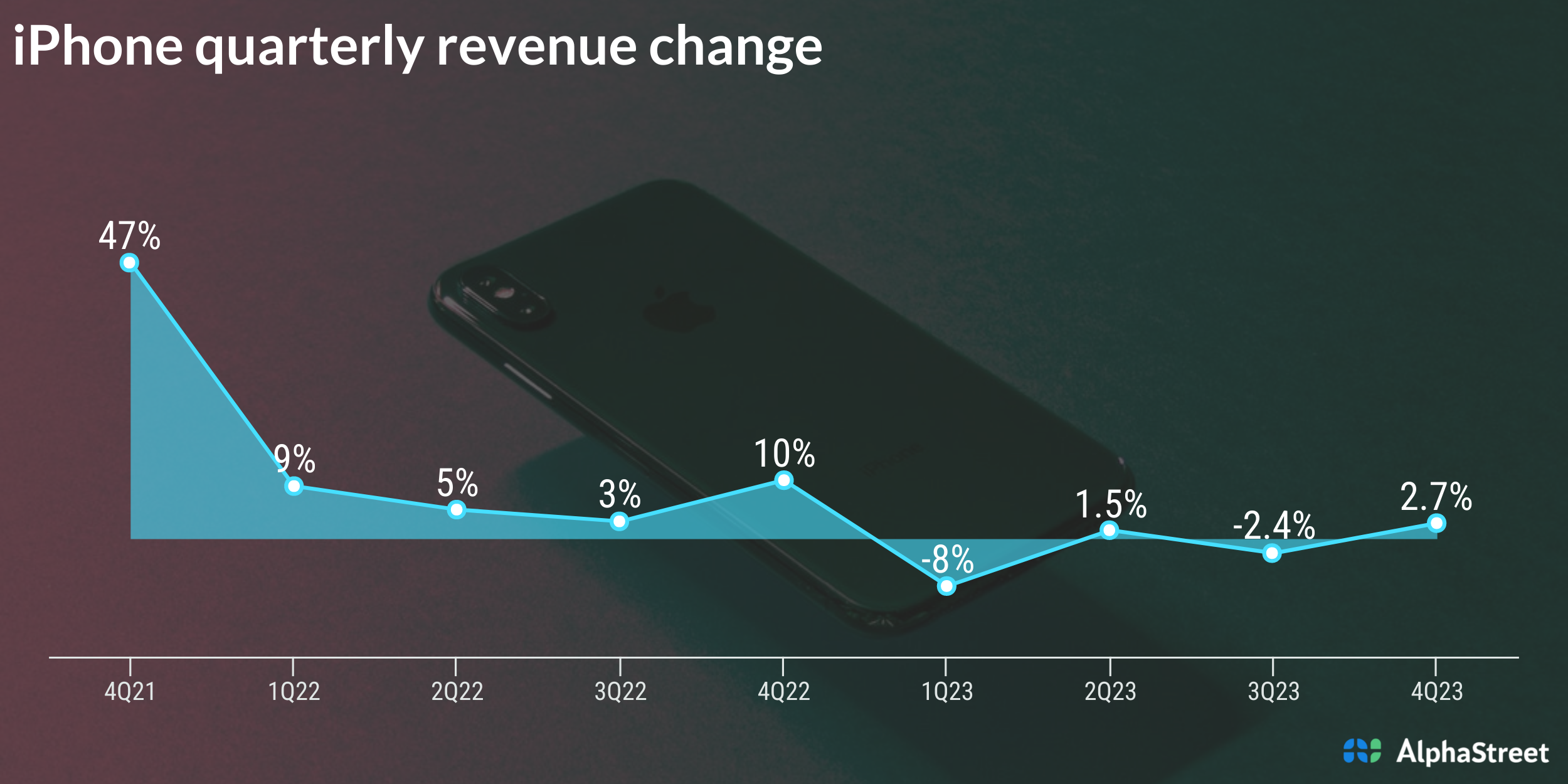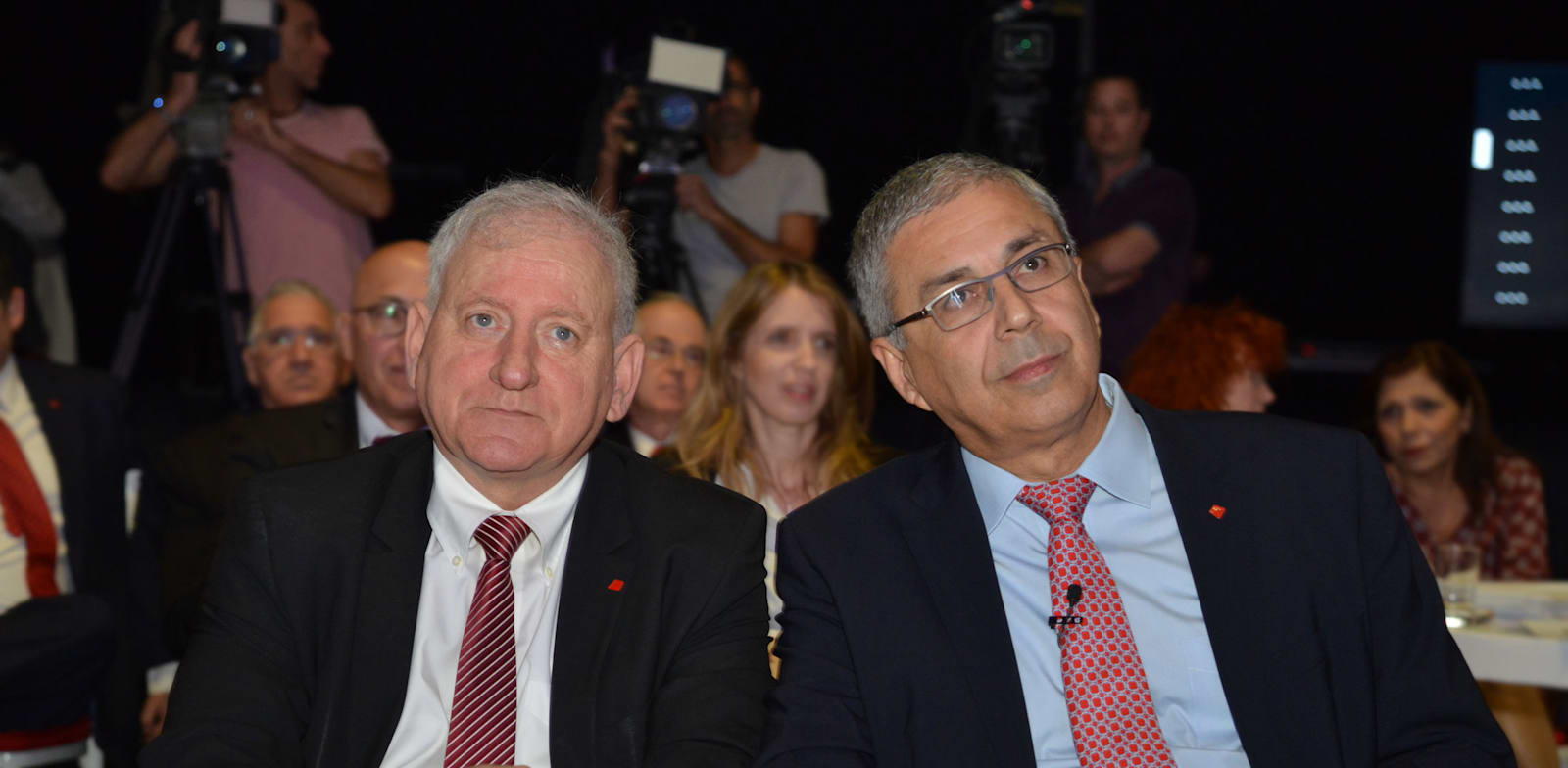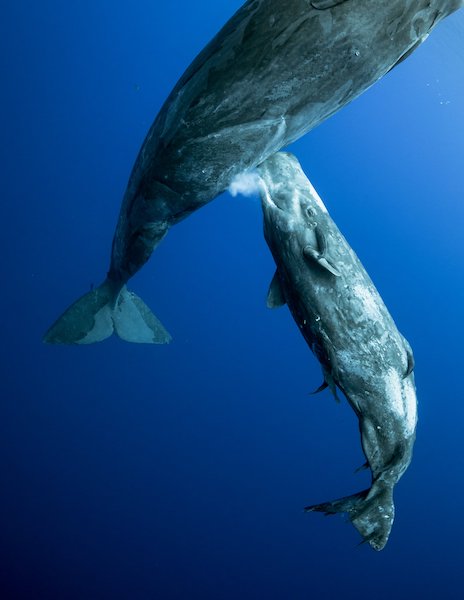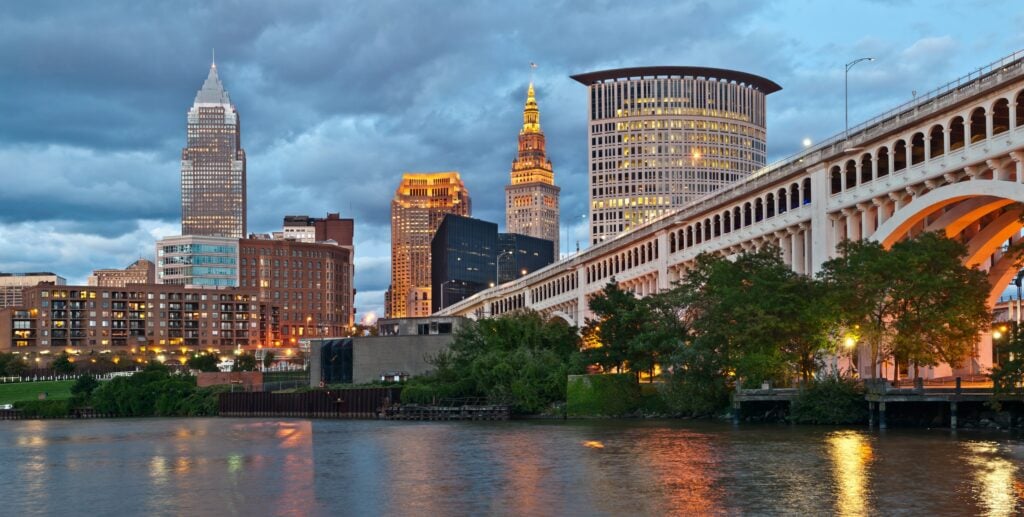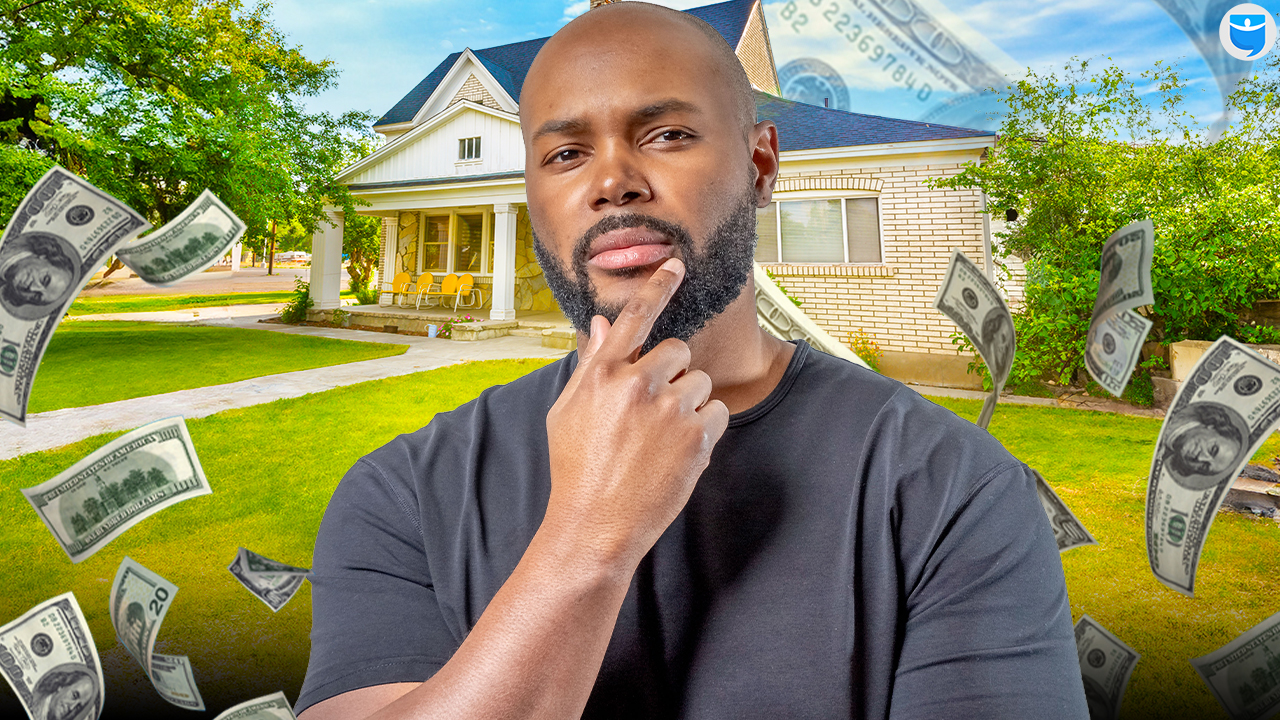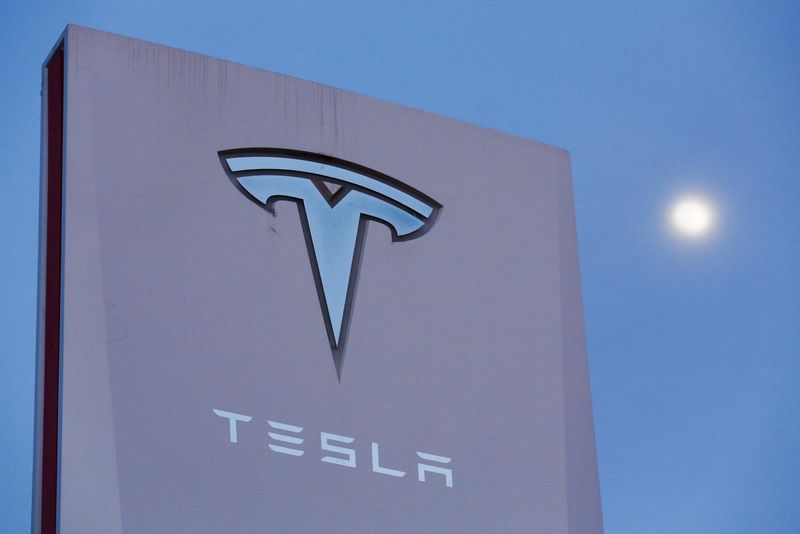What’s the deal with Ticketmaster and concert fans? Taylor Swift fans were upset at Ticketmaster when the company canceled the general sale of tickets for the first leg of her U.S. tour. And then they were equally frustrated with the inability to get tickets. Fans seemed to have two major complaints. One, people are upset they could not get tickets to the event. Two, people feel service fees charged are too high. The assigned culprit? The greed of Ticketmaster and parent company Live Nation. Does this culprit make sense?
At least for Taylor Swift, the demand far outstripped the supply of tickets. Far more individuals signed up for pre-sale than tickets available. For the first U.S. leg of Taylor Swift’s tour 3.5 million individuals registered for the pre-sale while 2.4 million tickets were sold. And in many locations hundreds of fans gathered in the parking lot to simply hear the concert. But this explanation doesn’t seem to satisfy hungry fans upset that they didn’t get tickets to the show. It is the greed and monopoly of Live Nation that seems to be the issue.
Fans argue Live nation owns the venues and the ticketing system, thus creating a monopoly. Who then has the power in this market? Live Nation argues they own only 5% of venues, but others estimate they control up to 70% of ticketing. I believe the bigger issue is one that is unavoidable due to the nature of the market.
Let’s consider for a moment the fast food market. If I really want a McDonald’s hamburger, but they are sold out or unavailable for some reason, I can simply have a Wendy’s or Burger King sandwich. Are they completely interchangeable? No, but they are close enough substitutes that it is reasonable to interchange them.
Now back to Taylor Swift. If I live in Denver and all the tickets are sold out for the night she comes to Denver, what are my options for that night? There is no comparable substitute for Taylor Swift. There is no ‘Wendy’s’ equivalent to Taylor Swift. By the nature of the market, Taylor Swift has created a monopoly for her concert that night. Even if the best singer in the area came to a competing venue saying she was going to sing all the Taylor Swift songs in a concert for everyone that didn’t get tickets, this is not a comparable substitute. So who really has the power? Is it Live Nation or Taylor Swift? I would argue it is Taylor Swift. And also her fans.
So what is the solution? Suing Ticketmaster? Getting the government to come in and break up Ticketmaster? 26 fans are suing Ticketmaster and Live Nation for anti-competitive practices, saying the companies use their power to charge above market prices. Yet, they must not be charging above market prices because people are reselling their tickets for well above the sticker price. This indicates to me that the initial price of the ticket was ‘too low’ according to supply and demand.
In fact, artists including Taylor Swift, price “below market” to try to make their concerts accessible to all fans. Pre-sales and verified fans are systems put in place to try to get tickets into the hands of actual fans planning to attend the concert and not scalpers. But selling concert tickets at below the market value creates other problems. We have established that demand far exceeds supply. There has to be some way to allocate this scarce resource. One way is allowing prices to dictate who values them the most monetarily, one is to have a verified fan process and lottery system. But whatever the system, some set of fans will be disappointed in not being able to buy tickets.
Perhaps we can have the government come in and allow other sellers to sell tickets. The government can create competition in the selling of tickets. But what makes us think multiple sellers would make the market any different? If I know I am selling a ticket to a unique event with excess demand, I would have no incentive to try and undercut my competitor because I know the tickets will sell regardless.
What about service fees? What is the purpose of fees? I previously would have had to stand in line to get tickets. For a massive concert, I might have had to sleep overnight or stand in line all day for a ticket at the actual box office. Online services allow me to save that time in line. I may have to ‘wait in the queue’, but it is virtual. I could continue working, watch a show, or tweet my favorite Taylor Swift lyrics while waiting. I no longer have to brave the elements to get my tickets. The service fee is me paying for the convenience to purchase my tickets at home.
Service fees are relatively unavoidable. Typically, box office fees are less than online but not always. So, what is the solution to this? Well, I have the power in this case. I can simply stop giving the online providers my business. I can buy my tickets at the box office. Occasionally, I will have to forgo a show if I feel the service fees are too much. Taylor Swift still has all the power as the monopoly artist. She could negotiate different fees with Ticketmaster.
And if I genuinely feel prices and fees are too much, there is an alternative. It doesn’t feature the live Taylor Swift, but it does feature other dedicated fans. Some companies are hosting Taylor Swift themed parties, dances, and sing-alongs. Even in a market with a monopolist artist, individuals have found ways to create alternative experiences for fans to connect with one another and the artists music.
This situation is representative of broader implications of how markets work. People are quick to assign greed as the reason for various issues, but greed is ever-present. Issues with access to products in the market always come back to scarcity, which is also ever-present. There are various ways to deal with scarcity. Individuals can demonstrate their willingness to pay through money, time, or other means. The government coming in to dictate the way to run a particular market ignores the underlying issues with that particular market and the desires of the individuals involved.
Amy Crockett is a PhD Candidate in the Department of Economics and a Graduate Fellow in the F.A. Hayek Program at the Mercatus Center, both at George Mason University.






